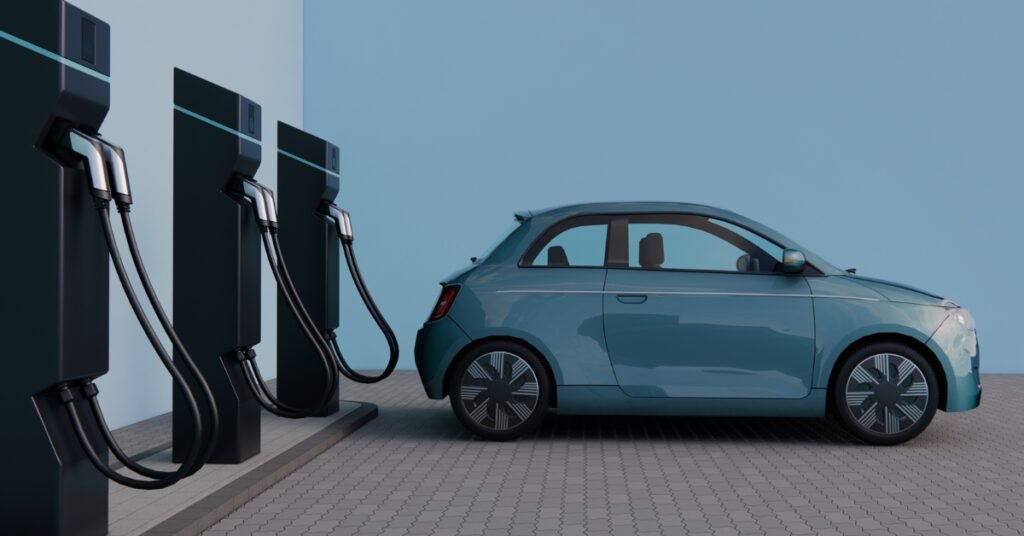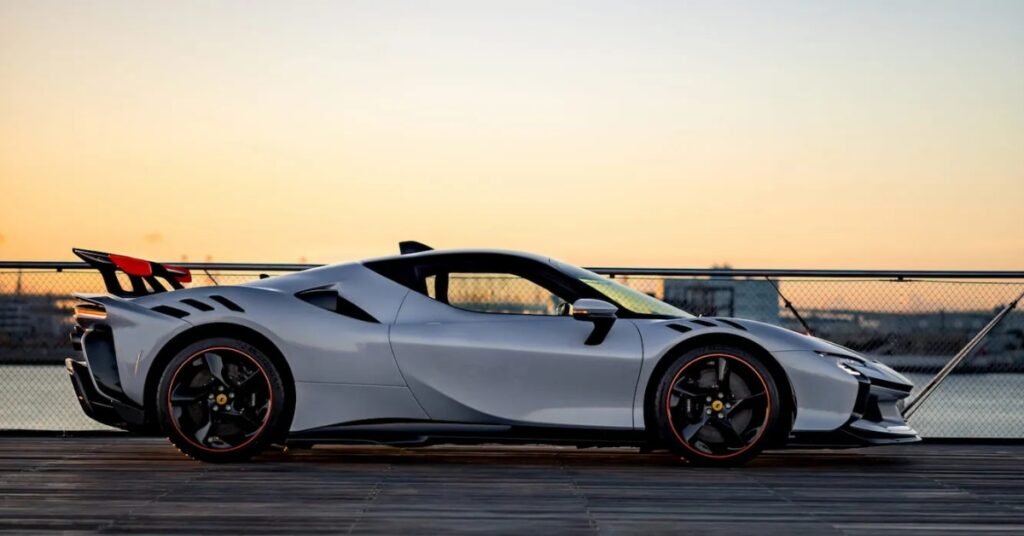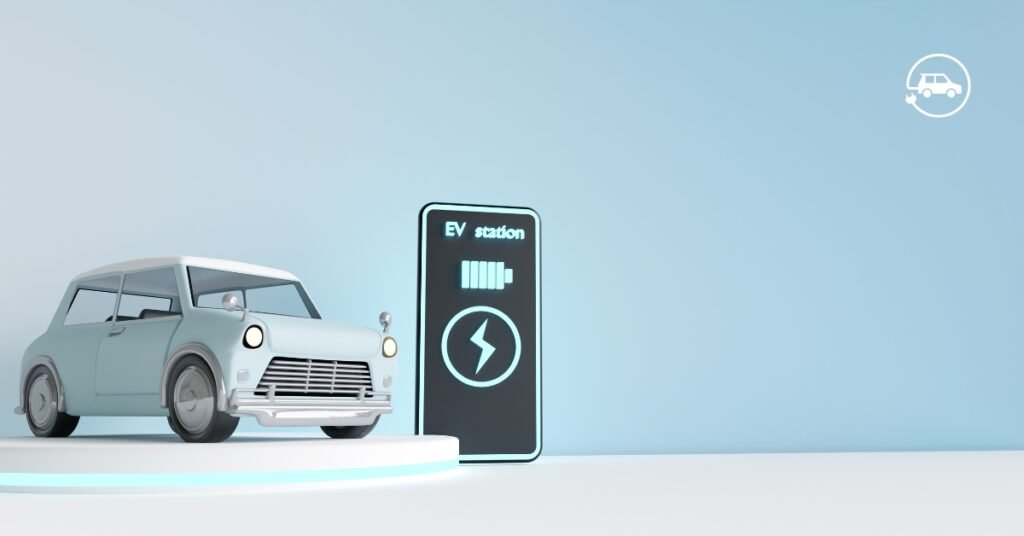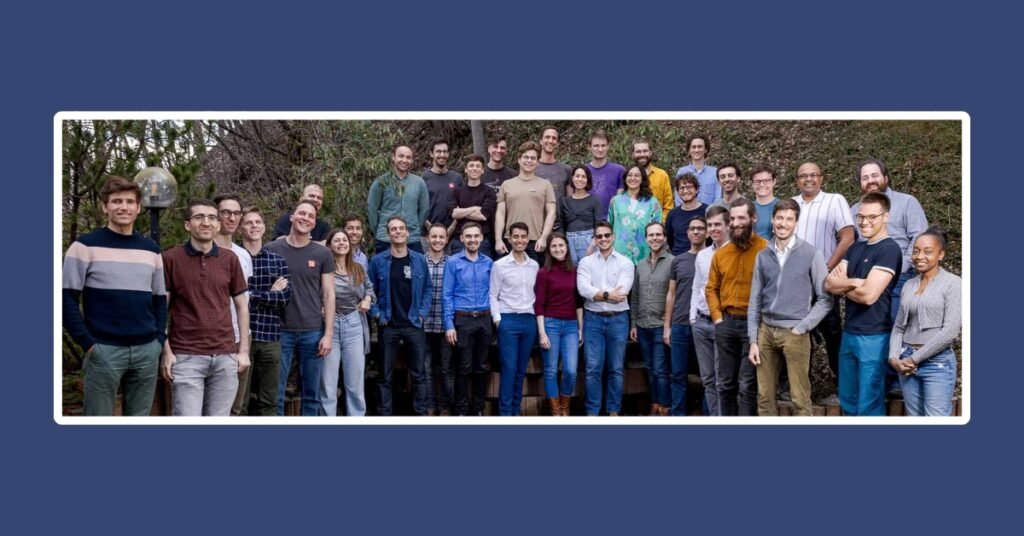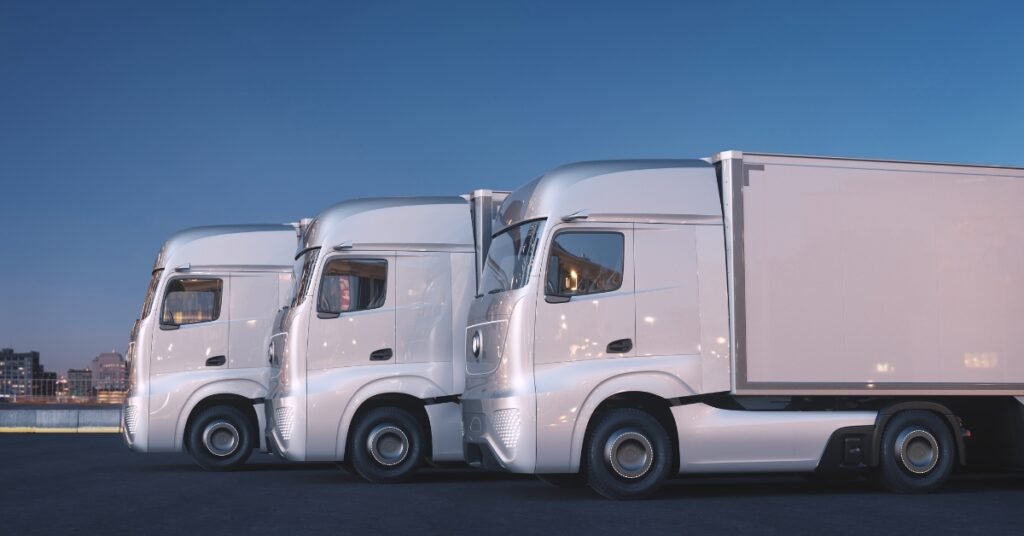Volvo shifts production of Chinese-made electric vehicles to Belgium, anticipating EU tariffs on Beijing-subsidized imports. Learn more about this strategic move and its implications.
Volvo
Volvo Cars has begun relocating the production of its Chinese-made electric vehicles (EVs) to Belgium.
This strategic decision comes in anticipation of the European Union (EU) potentially imposing tariffs on imports subsidized by Beijing, as reported by the Times on Saturday.
This move highlights the shifting dynamics in the global automotive industry and the escalating trade tensions between China and the EU.
Volvo, majority-owned by China’s Geely, initially considered halting the sales of Chinese-built EVs bound for Europe if tariffs were introduced.
However, shifting production of the EX30 and EX90 models to Belgium is expected to eliminate the need for such drastic measures.
The company has insisted that suspending sales of EVs made in China is no longer under consideration.
Specific Volvo models destined for the United Kingdom could also be manufactured in Belgium.
This strategic shift underscores Volvo’s proactive approach to potential trade barriers.
The European Commission, which oversees trade policy within the 27-nation EU, launched an investigation last year to determine whether fully electric cars manufactured in China were receiving unfair subsidies.
This investigation, officially initiated on October 4, can last up to 13 months.
The Commission can impose provisional anti-subsidy duties nine months after the start of the probe.
Relations between China and the EU have been increasingly strained due to several factors, including Beijing’s closer ties with Moscow following Russia’s invasion of Ukraine.
The EU is keen to reduce its dependence on the world’s second-largest economy, especially materials and products essential for its green transition.
Volvo’s decision to shift production is a significant move within the broader context of global trade and the automotive industry.
The potential tariffs and the ongoing investigation into Chinese subsidies are part of the EU’s strategy to ensure fair competition and reduce reliance on external markets for critical goods.
Volvo has yet to comment on the situation outside regular business hours.
In summary, Volvo’s relocation of its EV production to Belgium represents a strategic response to the complex and evolving landscape of international trade and regulatory policies.
This decision demonstrates the company’s ability to effectively navigate geopolitical uncertainties and changing trade regulations, ensuring its continued competitiveness in the European market.

